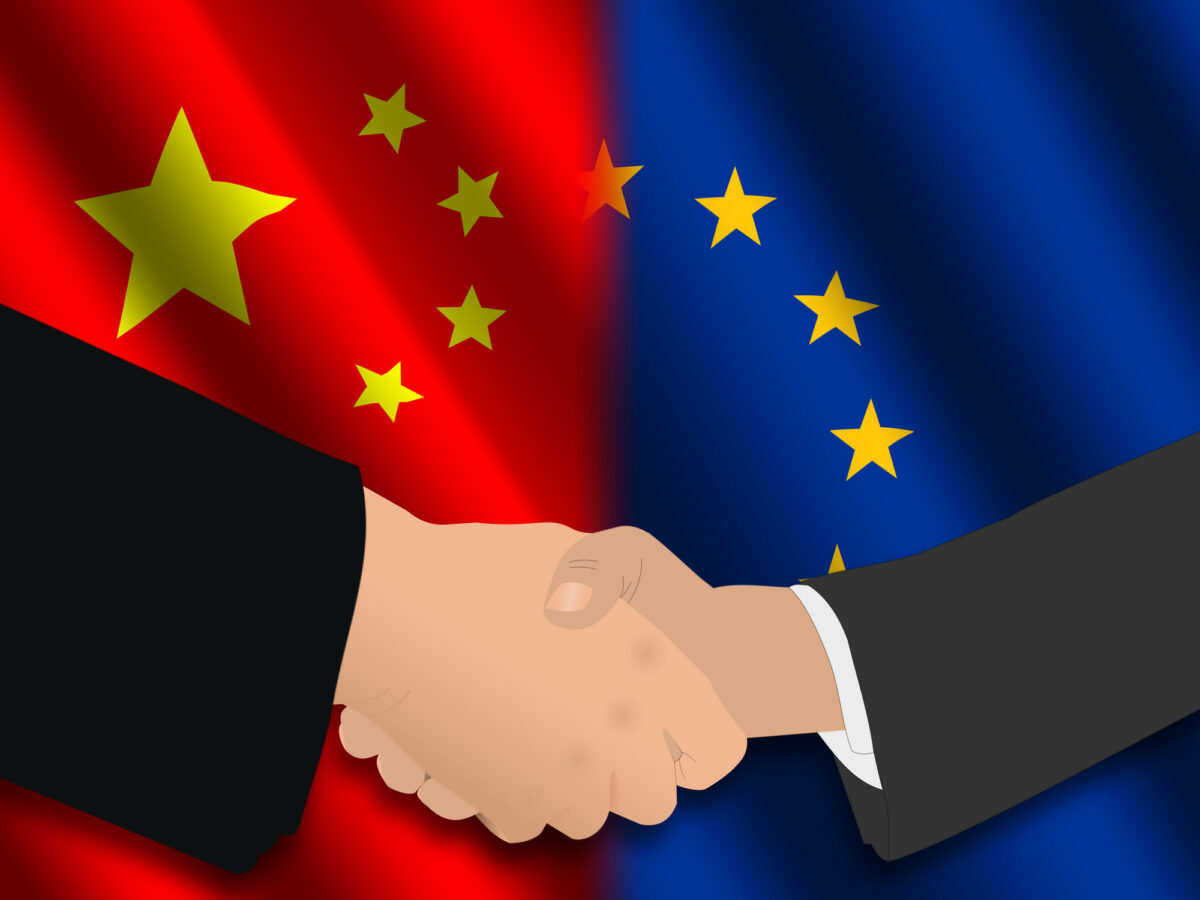Doing business with Chinese suppliers can be incredibly rewarding—if you understand how to negotiate effectively. Unlike Western negotiation styles, which often prioritize speed and directness, Chinese business culture values patience, relationship-building, and mutual respect.
At Eurasia Consultis, we’ve helped hundreds of European companies succeed in their sourcing strategy by mastering the art of negotiation in China. In this article, we’ll walk you through the proven methods that help buyers secure better deals—without compromising on quality or trust.
1. Understand the Cultural Context
Negotiation in China is as much about trust as it is about price. Chinese suppliers prefer to build long-term relationships rather than short-term profits. This concept, known as guanxi (关系), emphasizes mutual benefit, loyalty, and social harmony.
Before you jump into numbers, invest time in understanding the supplier’s perspective. A simple gesture like visiting their facility or learning a few words in Mandarin can go a long way in showing respect and building rapport.
Pro Tip: Focus first on building trust—good prices follow solid relationships.
2. Be Prepared and Know Your Numbers
Suppliers respect well-informed buyers. Before entering any negotiation:
- Know your target price and ideal quantity
- Research the market rate for your product
- Understand the supplier’s cost structure and margins
- Prepare a clear specification sheet to avoid misunderstandings
If you can demonstrate that you’ve done your homework, your supplier will take you seriously—and likely offer more competitive terms.
3. Don’t Push Too Hard, Too Fast
It’s a common mistake: trying to aggressively push down the price too early. This can backfire. In China, saving face is important. If a supplier feels cornered or disrespected, they may walk away—or agree to a deal they can’t fulfill, leading to quality issues later.
Instead, express your expectations politely and ask questions:
- “Is there flexibility based on volume?”
- “What can we do to optimize costs on both sides?”
- “Can we discuss better terms if we commit to long-term cooperation?”
This shows that you’re serious but fair.
4. Be Strategic About Timing
Timing matters more than you think. For example:
- Avoid negotiating during Chinese New Year, when factories are closed and planning is chaotic.
- End-of-quarter months can be a good time to negotiate, as suppliers may be trying to hit sales targets.
- Give suppliers plenty of lead time to quote and respond.
When you’re respectful of their calendar and capacity, suppliers are more likely to reciprocate with better pricing and service.
5. Use a Local Sourcing partner to Level the Playing Field
Language, time zones, and cultural nuances can make negotiations challenging—especially if you’re working remotely. A trusted sourcing partner like Eurasia Consultis bridges the gap.
We speak the language, understand the cultural dynamics, and know how to ask the right questions. More importantly, we know when to push, when to listen, and how to secure a deal that works for both parties.
Results our clients see: Lower MOQs, better pricing, stronger contracts, and more reliable suppliers.
6. Think Beyond Price: Terms, Quality, and After-Sales Support
A successful negotiation doesn’t just end with the price. Make sure to clarify:
- Payment terms (e.g., 30/70, Letter of Credit, etc.)
- Production lead times and penalties for delays
- Quality standards and what happens if goods arrive with defects
- Shipping terms (FOB, CIF, DDP, etc.)
- After-sales service or warranty policies
The clearer these terms are from the start, the fewer surprises you’ll encounter later.
Conclusion: Win-Win Negotiation Builds Stronger Supply Chains
Negotiating with Chinese suppliers isn’t about squeezing every last cent—it’s about finding a sustainable balance. When you approach the conversation with preparation, empathy, and professionalism, you’ll unlock better pricing, improved reliability, and long-term success.
Need help navigating your next supplier negotiation?
Eurasia Consultis is here to represent your interests on the ground in China—and get you the best deal possible, without the guesswork.

